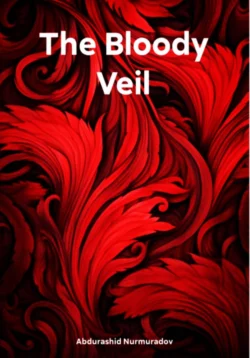The Bloody Veil

Abdurashid Nurmuradov
Тип: электронная книга
Жанр: Книги о войне
Язык: на русском языке
Стоимость: 490.00 ₽
Статус: В продаже
Издательство: Автор
Дата публикации: 24.07.2024
Отзывы: Пока нет Добавить отзыв
О книге: The novel-requiem "The Bloody veil" by well-known Uzbek writer Abdurashid Nurmuradov represents a truthful and bitter study of one of the most dramatic pages in our history – the Afghan war. The reader’s attention is drawn to the frank, reckless, but stirring the conscience of every honest man, stories about the day-to-day of this terrible war, about the afflicted Afghan warriors.The writer is first and foremost interested in the moral side of the problem: war as a consequence of the unclean political game, war and youth, the war and the failed hopes, war and the hardening of the soul....The book, intended for a wide range of readers, will not leave among them indifferent.Translation from Russian by Mirigul Palwaniyazova